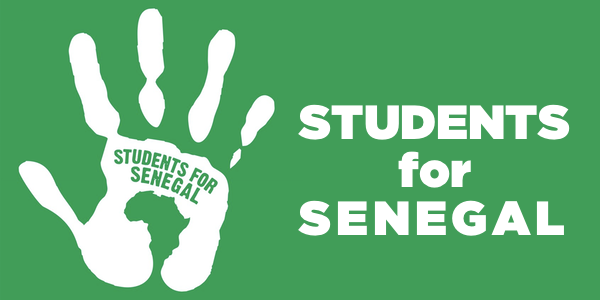Where We're Going
Click here to read a lot about Senegal and the village of Lambaye and click here to read about our work in Lambaye. Senegal is a vibrant and culturally rich nation located at the westernmost point of the African continent, offering a unique blend of history, culture, and natural beauty. As a country with a population of about 13 million, Senegal is roughly the same size as Kansas and shares a similar population size to Illinois. The country enjoys a tropical climate, with distinct rainy and dry seasons, contributing to its lush landscapes and diverse ecosystems.
Senegal’s history is profound, with evidence of human habitation stretching back more than 2,000 years before the pyramids of Egypt were even constructed. This deep historical foundation has given rise to a rich tapestry of cultures and ethnic groups, each contributing to the vibrant national identity.
The economy of Senegal is diverse, with significant contributions from industries such as fish processing, phosphate mining, fertilizer production, and petroleum refining. Additionally, the country is known for its ship construction and repair capabilities. Agriculture plays a vital role in the economy, with peanuts, sugarcane, cotton, green beans, tomatoes, melons, and mangoes being some of the key crops cultivated.
When visiting Senegal, particularly the village of Lambaye, you’ll experience firsthand the warmth and hospitality that Senegalese people are known for. Lambaye, like many rural communities in Senegal, reflects the traditional way of life, where agriculture and craftsmanship are integral to daily living. The village is part of a broader effort to empower women through vocational training, particularly in textile manufacturing, which has brought new opportunities and hope to the local community.
For students visiting from the US, this trip offers a unique opportunity to immerse themselves in a culture that values community, resilience, and tradition. You’ll be able to explore the connections between Senegal’s past and present, see how local industries and agriculture sustain the nation, and witness the impacts of global trade on a developing country. This experience will not only broaden your understanding of the world but also highlight the importance of cultural exchange and global citizenship.
